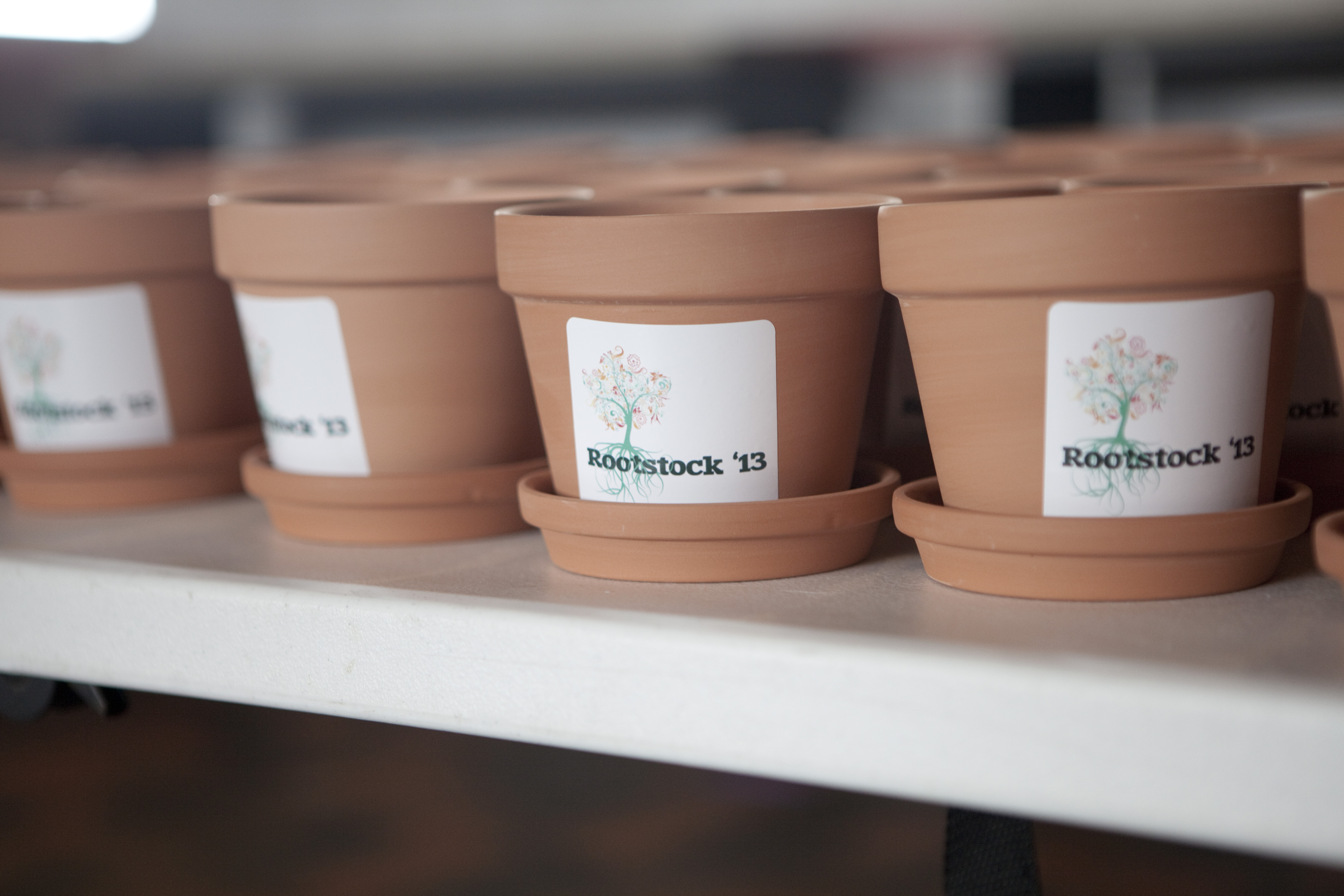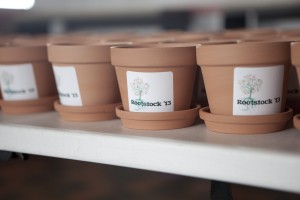First annual Rootstock hits Wilfrid Laurier University


“There are internal and external stigmas that can make you feel disgraceful about yourself… That really hit me,” said Cheyenne Gold, a representative of the Wilfrid Laurier University campus group, the Association of Black Students, discussing the challenges that people with mental illness face.
The Association of Black Students was one of about 36 campus groups invited to have a representative attend the Rootstock 2013 Mental Health Summit on Sunday, Sept. 22 in the Turret. With the backing of social worker and student support team leaders, Adrienne Luft, and 17 dedicated volunteers and coordinators, Laurier saw the first of what is hoped to become an annual mental health conference.
The summit was an event for Laurier campus leaders from a variety of clubs and organizations to come together and help fill in the gaps in communication about mental health and mental health stigmas.
“Laurier is kind of segregated in some ways, in a sense that we each do awesome things but we don’t know what everybody’s doing all the time,” said Danielle Stewart, a Laurier masters student and volunteer coordinator for Rootstock. “So we wanted to create an environment that we could all get together and have a mental health conversation, and really understand what other organizations are doing.”
Rootstock was inspired by a national summit put on by Queen’s University, called Unleash the Noise. What the Rootstock team wanted to do was take that idea of a national summit and hone it down to be applied to the Laurier community.
After beginning the day with some icebreaking activities, Stewart invited everyone to take turns standing up and sharing how mental illness has played a role in their lives.
“As a TA [teaching assistant], I’ve talked about [mental illness] with my students that … I have taught before and let them know that there’s help and accommodation for them there,” explained Kayleigh Abbot, TA, when asked about how she brings awareness of mental health issues to the student she leads.
Next, participants watched a short film that was followed up by an interactive brainstorming session using Poll Everywhere, a program that allows for anonymous replies. Stewart presented the audience with questions and asked them to text their responses.
“You’re trying to educate yourself because whatever you know, you can share with other people,” said Gold. “Being [at the Rootstock Summit] is vital in order to learn.”
After a break, the organization leaders began to move in to action planning. By the end of the summit, each group was able to come up with action plans to focus on throughout the year.
Although the Rootstock team remains unsure of the trajectory of the Rootstock Summit future, they remain positive that as long as the summit is able to continue on some kind of level, there will be students who will benefit from it.


